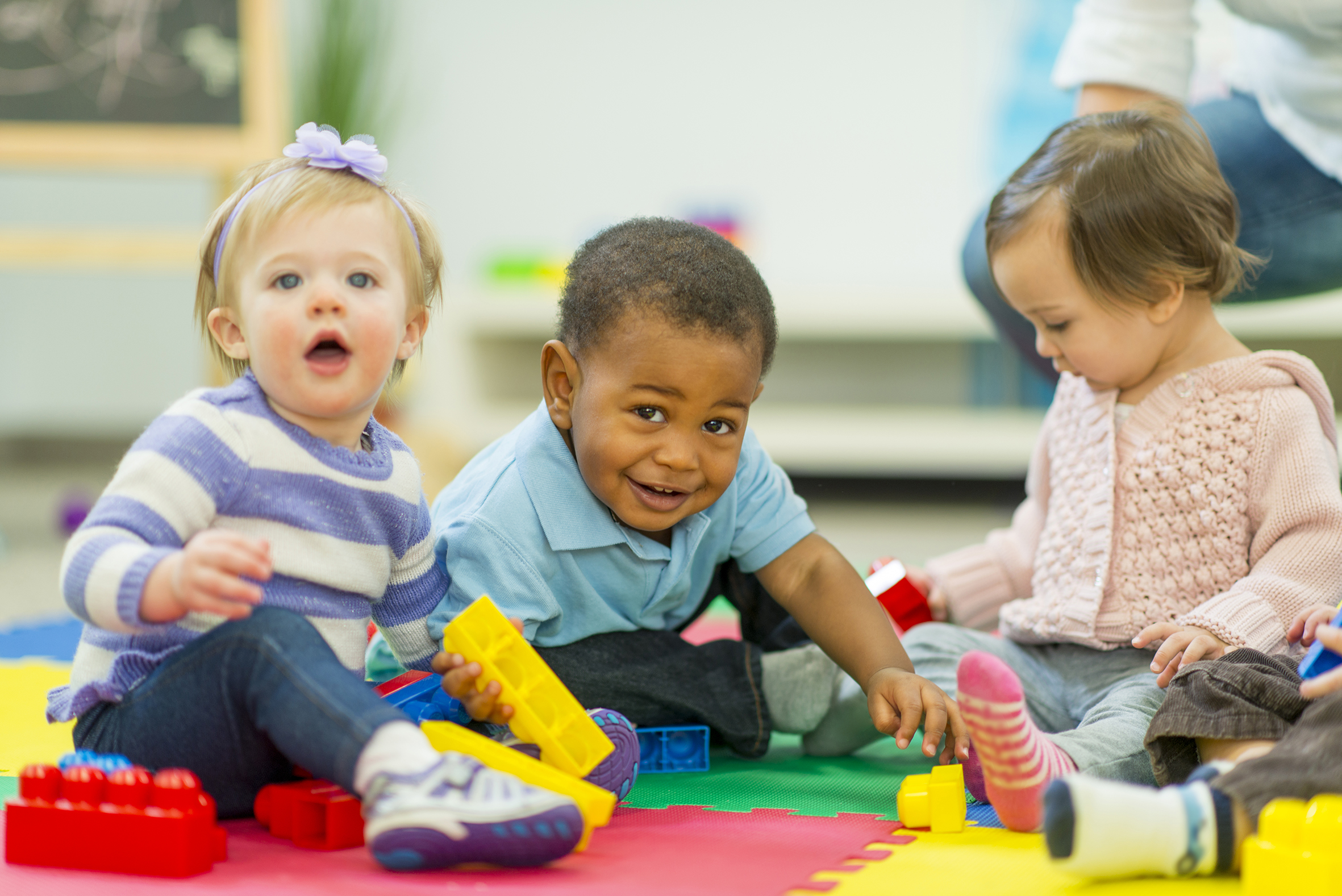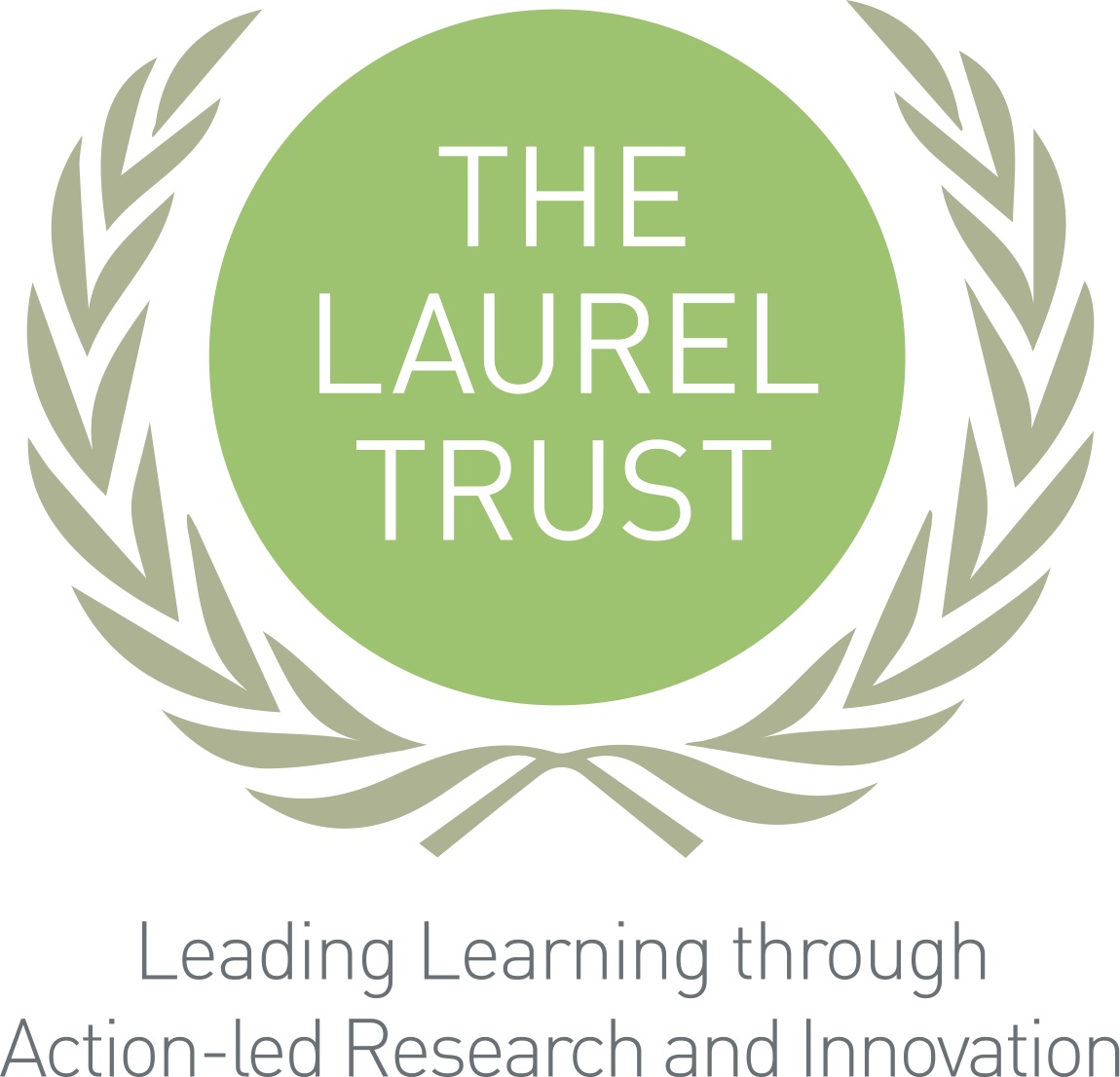
Eight maintained nursery schools (MNS) in Northamptonshire set out together to undertake an action research project to develop our understanding of how to elicit and then act upon the voice of the child (VoC). Several of the MNS are located in areas of significant disadvantage.
A series of questions were posed:
Could we improve our practice in capturing the voice of the child?
What difference does it make to the children and to the parents/carers?
How do we involve the parents/carers in the process?
This was an amazing project, involving children, their parents/carers, early years practitioners and head teachers (HT) based in the eight nursery schools; plus the Northamptonshire County Council Specialist Support Service, Early Years Team and Educational Psychologist. In addition, we were fortunate to have two respected academics from University of Northampton.
These people formed the steering group, which met every six weeks in order to look at current practice in the eight MNS, to create direction and an agreed format and policy, and develop guidance and training to support practice.
The first difficult discussion was to think about what criteria we were going to use to decide which children and parents/carers to involve in the project.
- Key issues were quickly raised:
- Practitioners struggled to give a clear definition of VoC.
- VoC Policy and practice guidance – do we need that
- One HT pointed out how refreshing it was as leaders to work with our practitioners to define VoC and develop it to improve outcomes. ( The steering group meeting: May 2019)

A FLEXIBLE APPROACH
Defining the voice of the child is complex, as Malaguzzi (1920-1994) argues Children have 100 voices. Trying to compartmentalise it denies us its organic and evolving nature.
Flexibility is key – children speak to us in so many different ways, we need to be tuned in to ‘listen’ to those many different ways. So starting from the assumption it is risky to define any subject too strictly, there are a number of common factors to be known and understood. This concept is explored by Murray (2020) who purports the pluralism in children's perspectives.
A definition of children’s voices that recognises pluralism in children’s perspectives and puts the onus on not only hearing – but attending to – children’s feelings, beliefs, thoughts, wishes, preferences and attitudes is indicated, perhaps along the lines of ‘ … views of children that are actively received and acknowledged as valuable contributions to decision-making affecting the children’s lives’. (J. Murray 2020)
It is this notion of the pluralist voices of children that underpins this research.
However, at the heart of all provision there was a genuine urge to ensure that the voices of the children were captured and utilised as accurately and as sensitively as possible.
As everyone in Northamptonshire came together it became clear that we needed to make changes:
- All children should be part of eliciting the VoC and that it is not a static process.
- There should be related cohesive training, specific policy and guidance.
- Strategies to work with parents to help us all understand the purpose of listening.
- A clear format for recording VoC – which may not look exactly the same in each setting but does contain the same key elements.
- An understanding that the VoC does not just mean words but includes gesture, sounds, expressions, body language and behaviour.
- Practitioners need to be well versed in child development, have an understanding of a listening (and hearing) pedagogy, and to understand their role in acting upon the VoC.
To enable us to look at the impact eliciting the voice of the child has on the children, parents/carers and practitioners we gathered information about the children through observations, discussions, and data, and for the parents/carers and practitioners, we conducted interviews and questionnaires, at the beginning and end of the project.
This evidenced that eliciting the VoC makes a huge difference to children's wellbeing, involvement and development. It makes a huge difference to their place within the setting – they feel valued and part of a community within which they make a difference.
VoC also makes a huge difference to parents, clearly seeing that their child is important, helping us to work together to understand and listen to their child. Our practice became a two way process – with the practitioners and parents learning from each other in order to give the children a strong voice, a sense of identity and self efficacy.
IMPACT ON PRACTICE
The research project had a huge impact on our practice and continues to do so.
For our future, in the eight nursery schools partnership, we aim to continue to develop our practice eliciting the voice of the child, refining our processes and our practice, actively working with children, their parents/carers to listen and observe so we truly capture the voice of the child, and act upon what we see and hear, ensuring each child has the best start in life.
We aim to continue to develop the practice by creating and delivering training packages together. The aim is for the project’s trained, skilled practitioners to become ambassadors of practice and continue to train others.
About the Laurel Trust
The Laurel Trust was established just over four years ago to work in partnership with groups of schools, their communities, and other agencies to widen opportunities and help reduce disadvantage for all children and young people.
The Trust provides grant funding and works with the schools to put research-based evidence into innovative and improved practice.
Its focus is on early years’ settings, primary and special schools/settings although a small number of our research projects have been cross-phase.
In recent years we have supported imaginative research and practice in some diverse settings in areas of deprivation and disadvantage in cities, urban, rural and coastal areas. These currently range from the South West of England to the North-East with the largest number of projects in the North and Midlands.
If circumstances allow, we hope to begin another round of recruitment in the spring of 2021. More detail and how to contact us can be found on our website: laureltrust.org.uk
Our work is often ground-breaking, always exciting and dynamic as it focuses on making things better for children and their families which is why we are all here!
Do come and join us!

